11 Things That Make Your Pets Quietly Judge You, According To Research
Pets understand your moods and behaviors more than you think.
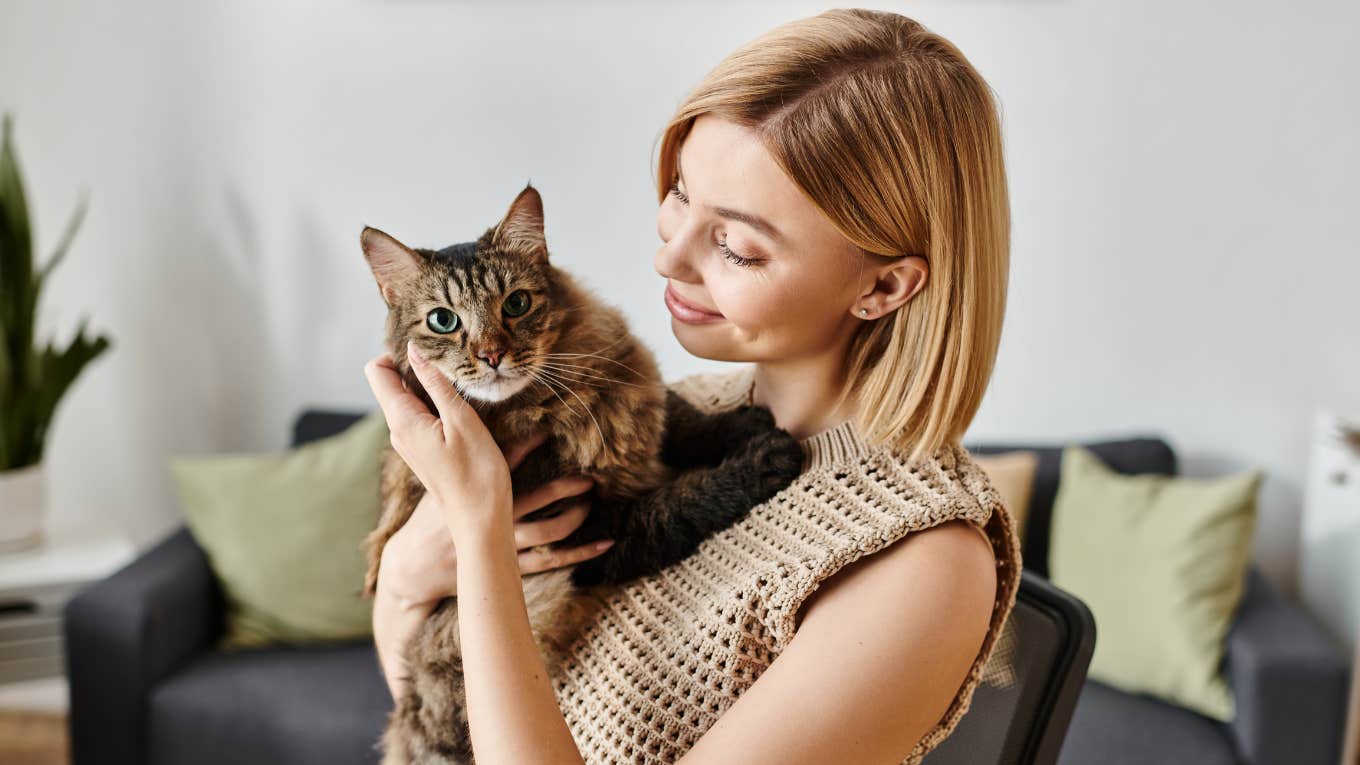 LightField Studios | Shutterstock
LightField Studios | Shutterstock Pets may not speak our language, but that doesn't mean they're not perceptive. Whether you notice or not, there are very specific things that make pets quietly judge you, according to research, based on your behavior and decisions. These reactions are your pet's way of communicating and giving feedback when you're doing something wrong, and manifest as quiet but instinctual judging.
A pet's reaction to your behavior also depends on their species. And while the dogs versus cats debate has existed for quite some time, both species judge equally. For cats, they are acutely aware that we treat them differently than their canine counterparts. In fact, research from 2019 found that when cats behave similarly to dogs, their human owners value them better. And scientists studying animal behavior have also uncovered the ways pets assess their human owners.
Here are 11 things that make pets quietly judge you, according to research
1. Inconsistent routines
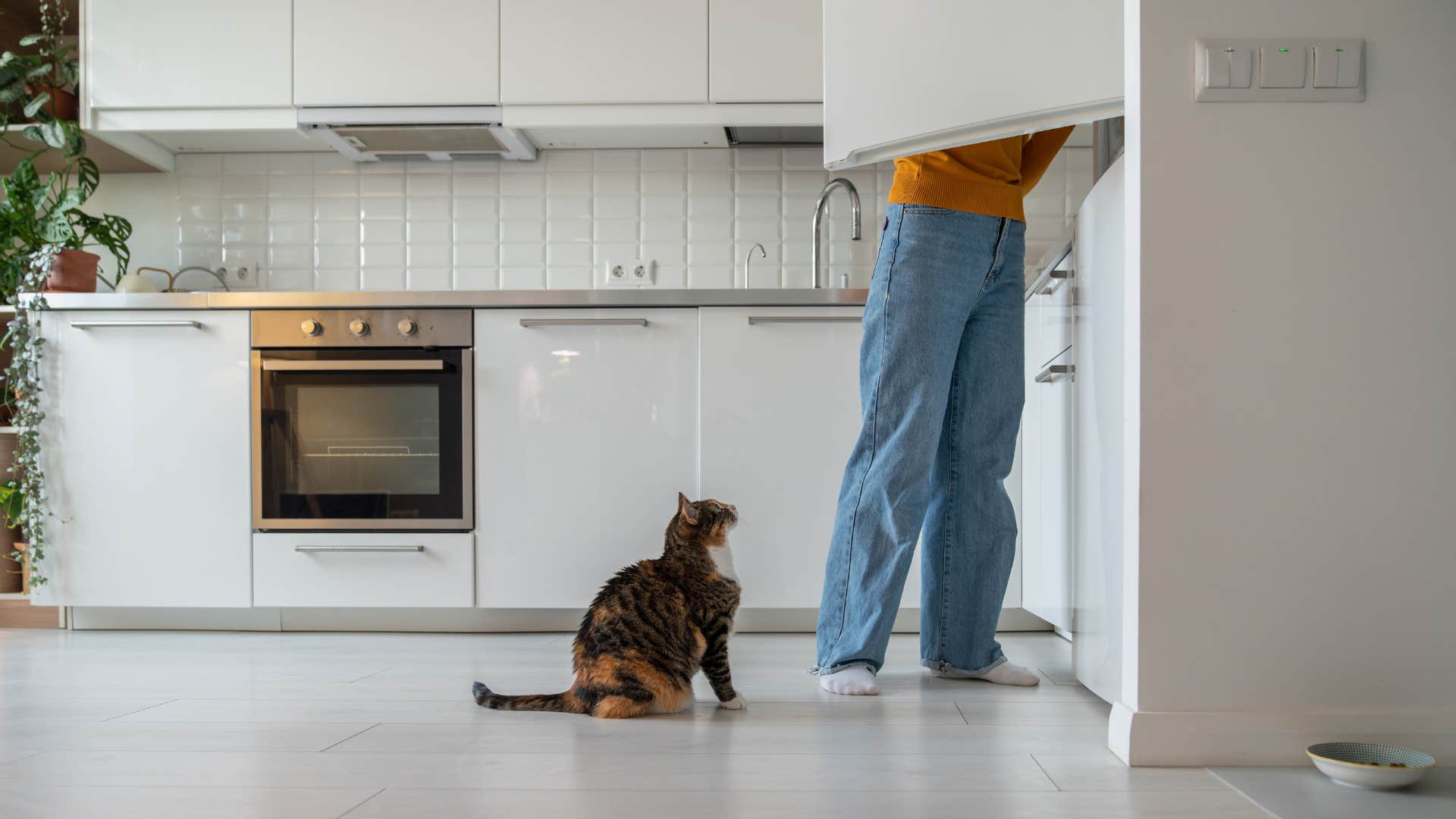 DimaBerlin | Shutterstock
DimaBerlin | Shutterstock
Inconsistent routines are one of the quickest ways to earn a side-eye from your pet. Animals are smarter than we give them credit for, and an ever-changing routine can confuse and annoy them.
According to the Purina Institute, 70% of behavioral problems in dogs are linked to anxiety, which can be triggered by changes in routine such as the owner's availability and exercise schedules. These common signs of anxiety can include excessive barking or destructive behavior, while in cats it can manifest as aggression and over-grooming.
Cats, especially, are masters of passive-aggressive judgment when their routines are disrupted. They may glare at you from across the room or intentionally knock something valuable off a shelf to express their quiet disapproval. Even smaller animals like rabbits or birds can become visibly stressed and withdrawn when their schedules are thrown off.
2. Forced social interactions
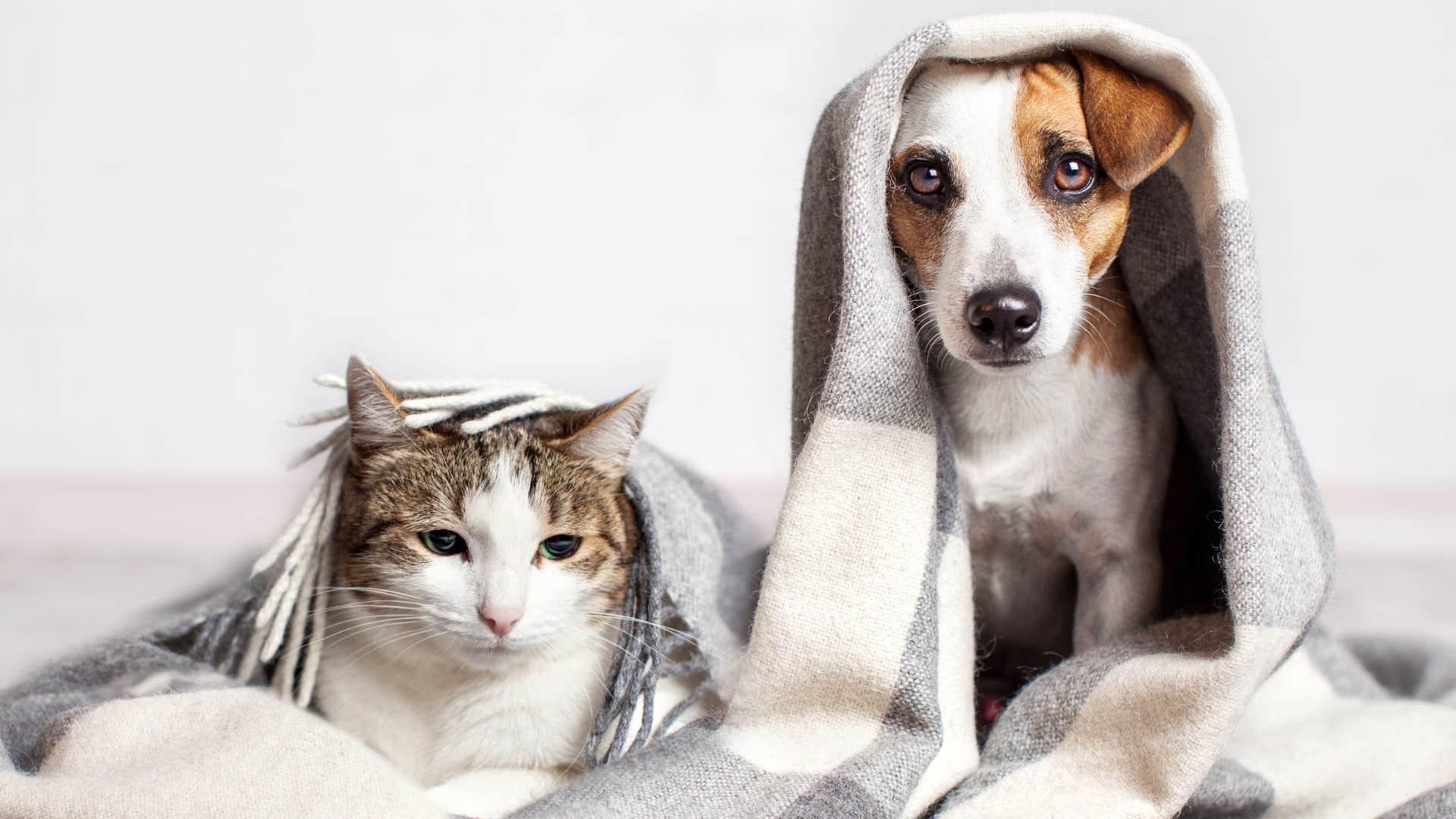 Gladskikh Tatiana | Shutterstock
Gladskikh Tatiana | Shutterstock
Many pet owners take their adorable pets out to show them off in public. But dragging your dog over to greet every passerby isn't the best thing for a pet. Unlike humans, animals don't feel obligated to make small talk.
Their main priorities are you and themselves. They rely on instinct, comfort, and trust. When you override that by forcing them into uncomfortable social situations, it's a betrayal of a silent pact between the two of you, and is one of the major things that make pets quietly judge you.
Even bringing them around other pets can have a major impact on them. A study published in the journal Lab Animal found that unfamiliar animals who are brought into established groups can often lead to territorial disputes and aggression. This is why, when dogs meet for the first time, they bark at and with each other to try and assume dominance.
3. Neglecting dental health
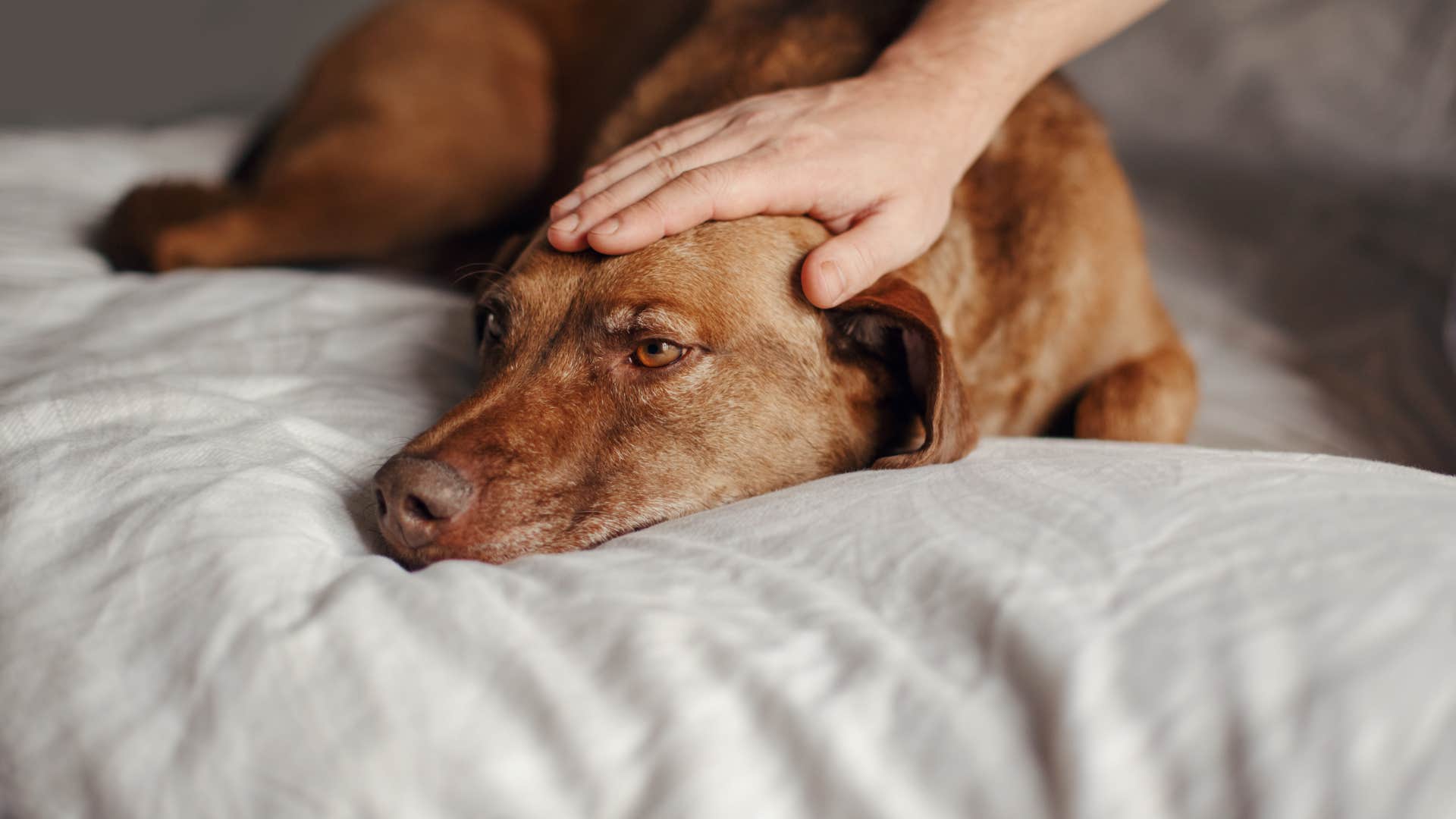 DimaBerlin | Shutterstock
DimaBerlin | Shutterstock
Dental disease is alarmingly common among pets. Data from Banfield Pet Hospital found that 8 out of the top 10 breeds with the highest rates of oral-related health concerns were smaller dogs with beagles coming in at number one. For owners, when you skip brushing their teeth, they might silently wonder why the person who gives them belly rubs can't also give their teeth a little attention.
Dogs and cats rely on their teeth for far more than eating, as chewing, playing, and even expressing themselves involves their teeth. When their gums are sore or a tooth is loose, their world becomes a little more uncomfortable. And according to research from Cornell University College of Veterinary Medicine, 90% of dogs over four years old have periodontal disease, supporting the need for regular teeth-brushing.
4. Lack of attention or affection
 Diego Cervo | Shutterstock
Diego Cervo | Shutterstock
The bond between an owner and their pet is so strong that, according to The Royal Society, pet owners are more attuned to their animals' distress signals. When their pets are feeling blue, they can generally tell. But for owners who simply ignore them, this lack of affection can make them start behaving badly.
Animals thrive on connection, and when they don't get the attention that they deserve it can make them feel alone. Pets don't hold grudges the way humans do, however; instead, dogs may growl and cats may hiss when you try to come near them due to your lack of engagement.
It's always best to maintain a connection with the animals you choose to take in or risk them running away and attacking you. And if you know that you can't provide the proper attention and affection, you probably shouldn't adopt a pet to begin with.
5. Yelling or harsh discipline
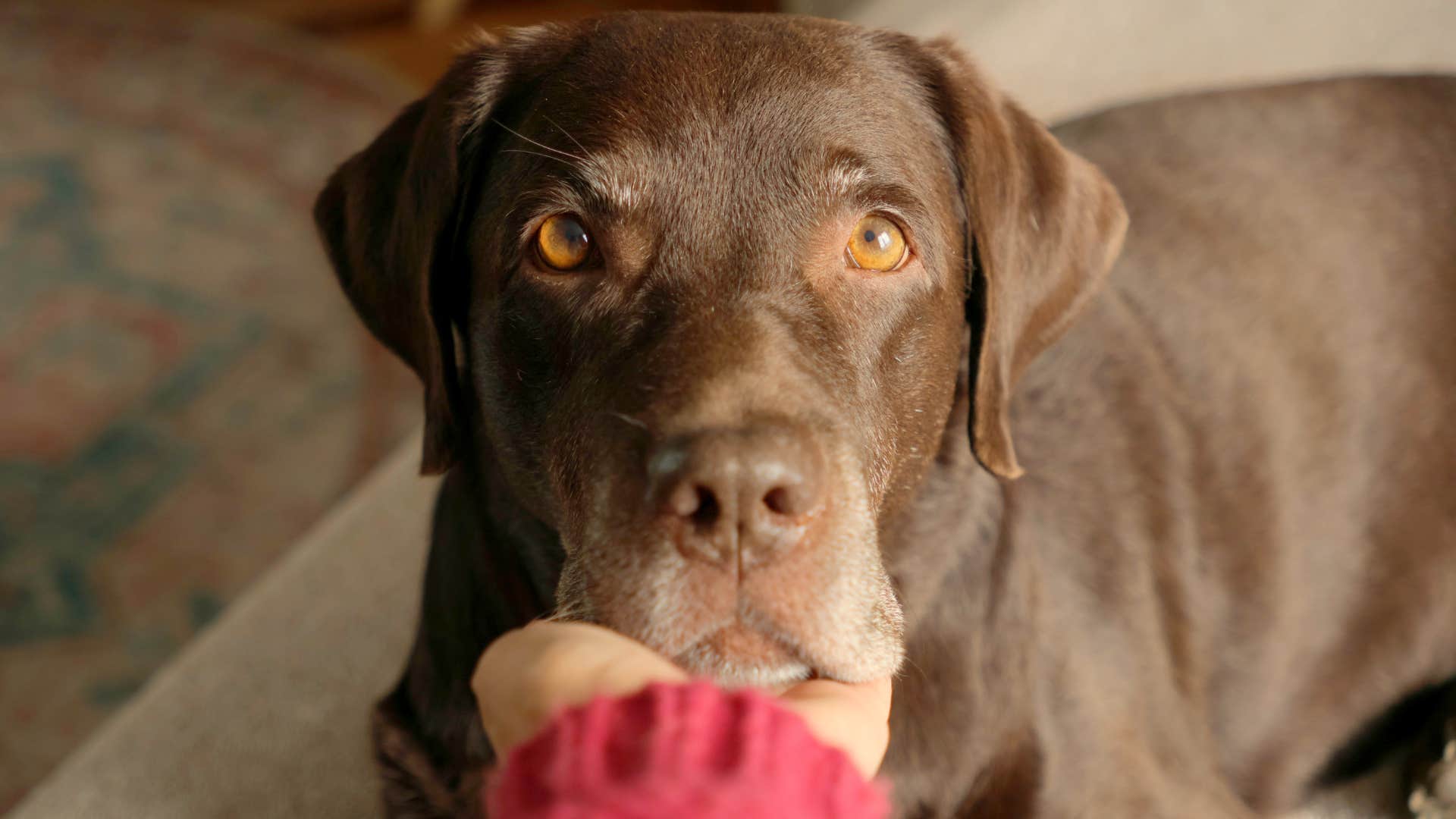 My July | Shutterstock
My July | Shutterstock
Animals are sensitive to tone and body language. As one of the things that make pets quietly judge you, when you raise your voice or lash out in anger, your pet may not know what is going on, but will realize something is wrong. They'll put their ears down and back away from you, and these harsh tones can startle or frighten them, causing them to become more anxious.
In training, this angry and unpredictable behavior can cause them mental anguish. A study published in PLOS One determined that dogs trained using aversive methods, like yelling and leash jerks, can become more stressed out. So while harsh discipline may quiet behavior temporarily, it can also create emotional distance between you and your pet.
6. Displaying incompetence
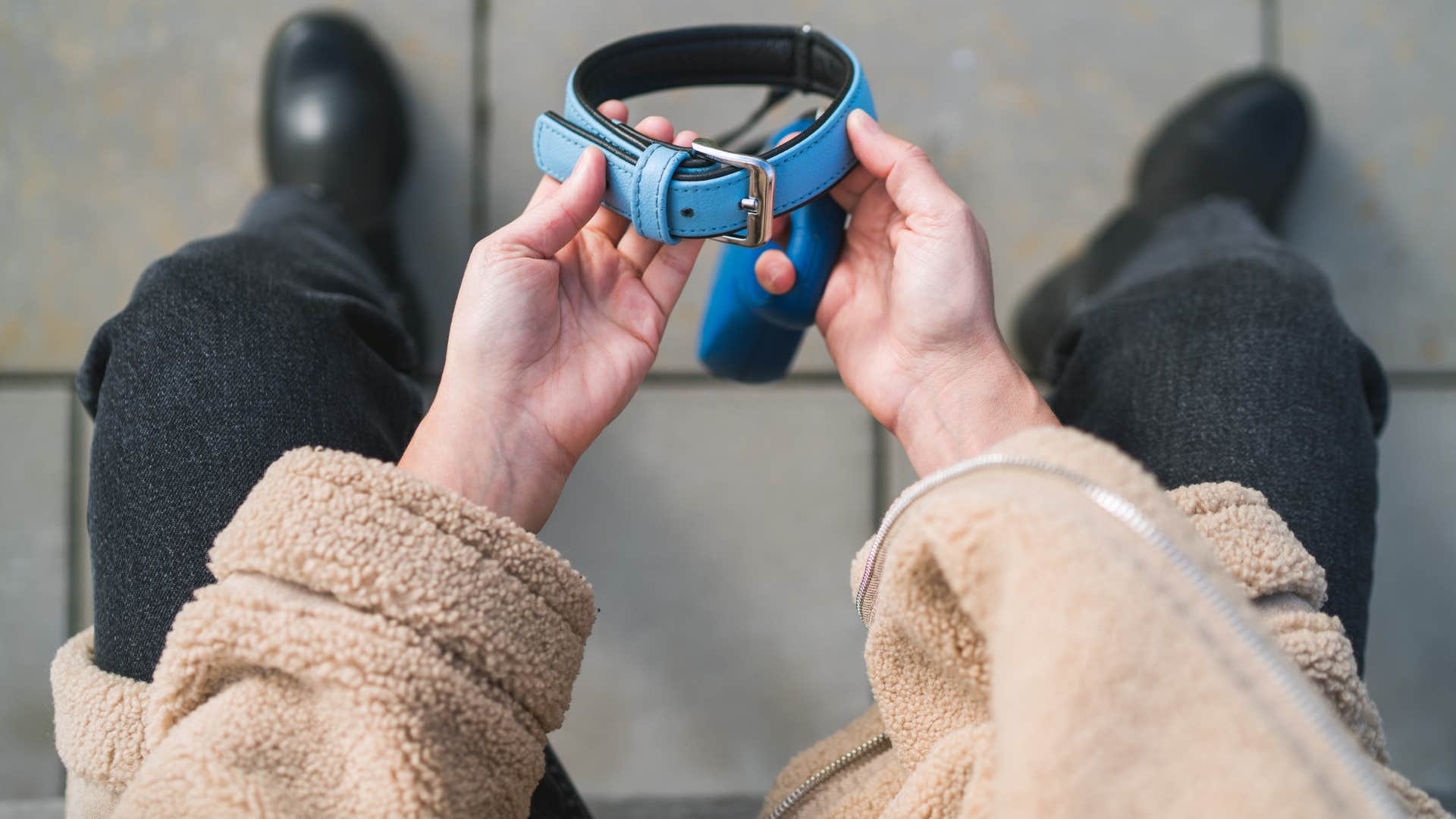 Soloviova Liudmyla | Shutterstock
Soloviova Liudmyla | Shutterstock
Your pet may love you unconditionally, but there are some limits to what they will put up with. If you're the kind of owner who chooses to take them to the park for a run off-leash and lose sight of them, you can't be surprised when they don't return. Pets are observant, and there was probably something bothering your pet that made them choose to run away rather than stick things out.
While animals take advantage of your incompetence, there are others who will judge you for it. A study published in Behavioural Processes revealed that female dogs judge people based on competence levels. The more competent you are, the higher the likelihood that a female dog will approach you.
7. Emotional instability
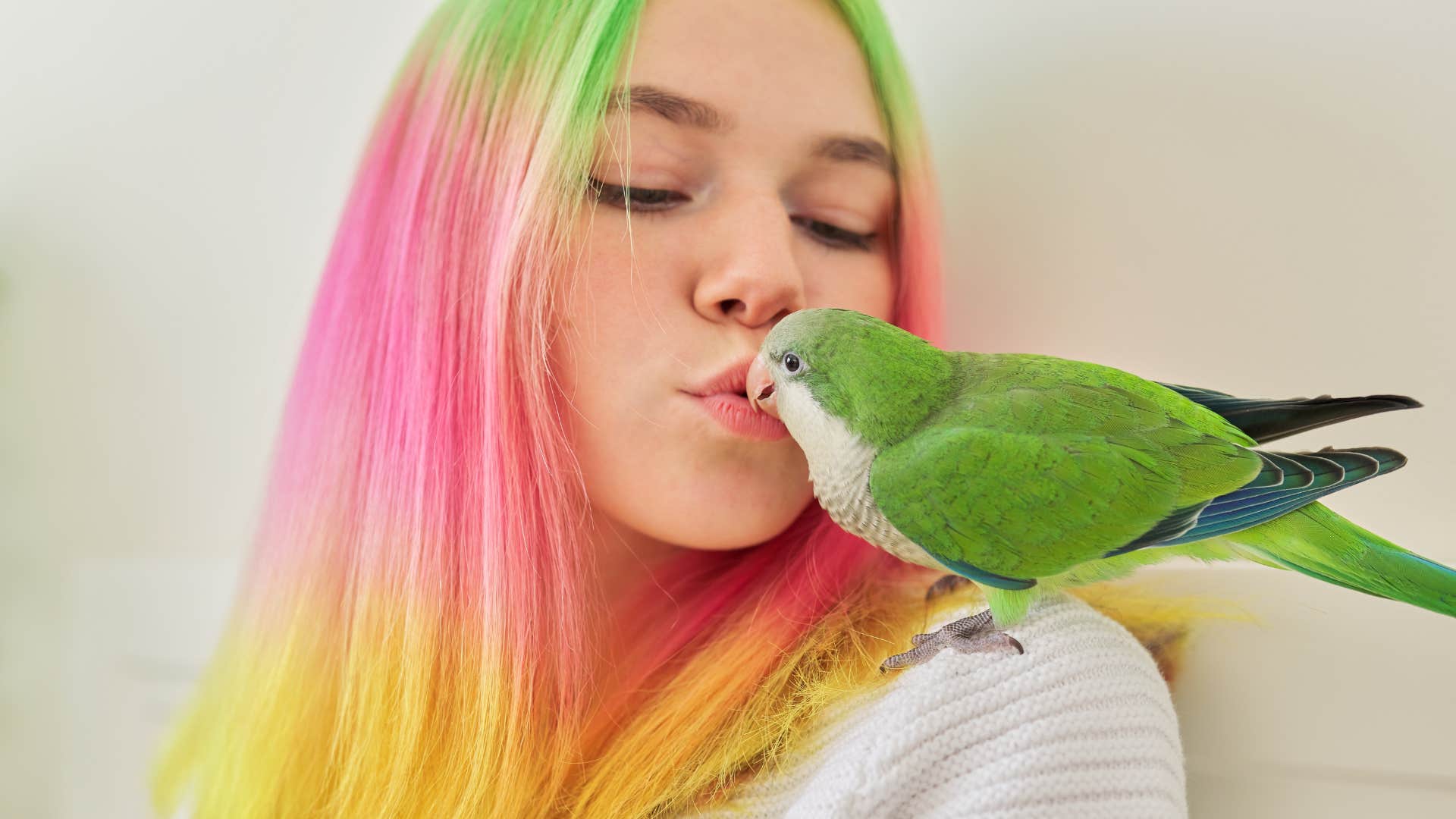 VH-studio | Shutterstock
VH-studio | Shutterstock
When you're on your third crash-out of the week and are spiraling, just remember that your pet is watching your emotional breakdown like a free movie. They probably have no idea what's going on with you, but they still know that you need comfort. And according to a study published in Biology Letters, animals can recognize and interpret emotional expressions in both humans and other animals.
This ability allows them to feel empathic towards us in our times of need. Even if our moods fluctuate from joyful to erratic, they assess the situation in that moment and act accordingly. So, next time you get emotional, just know that your pet will be there to console you, even if they're judging you at the same time.
8. Unpredictable behavior
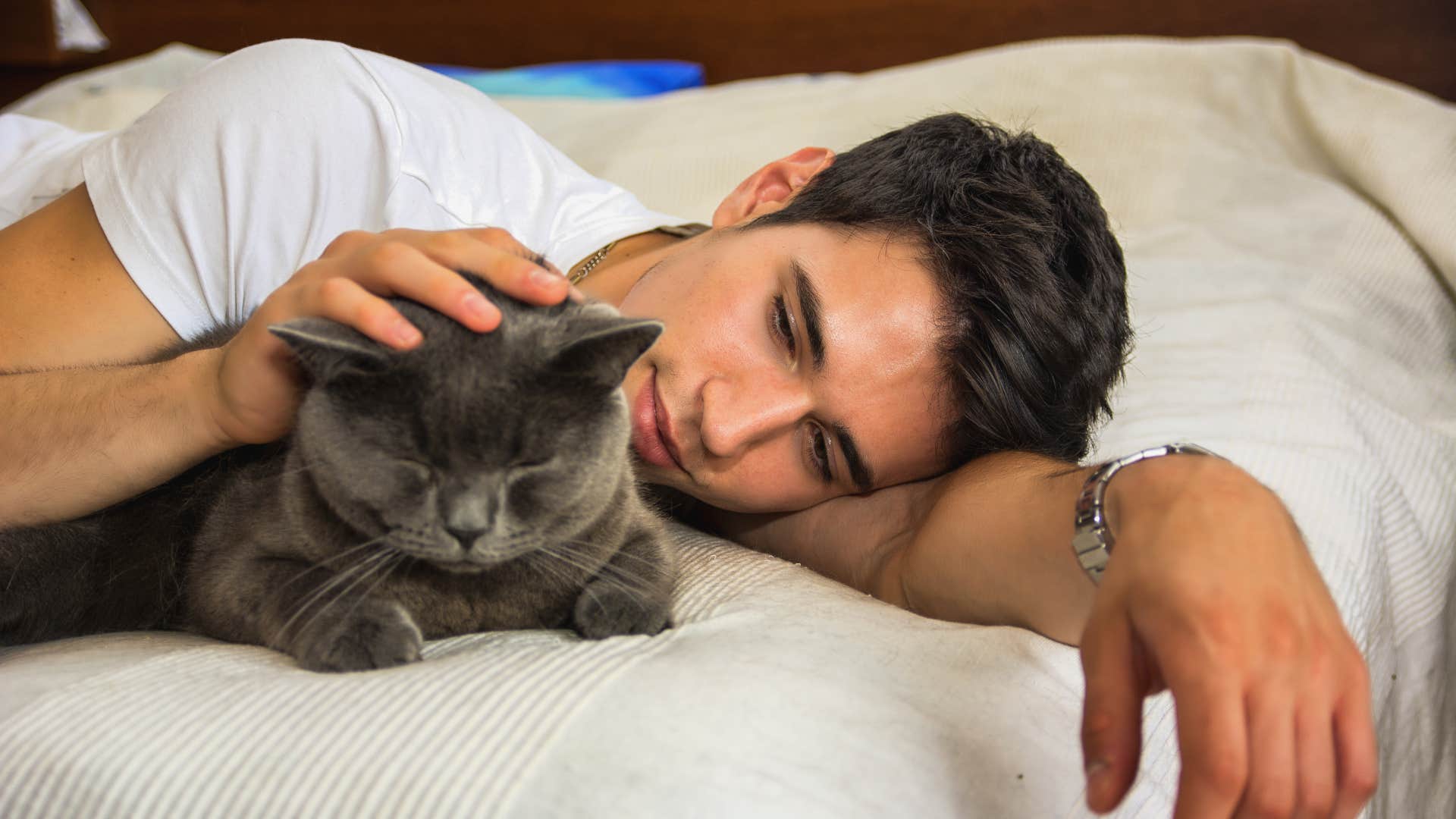 ArtOfPhotos | Shutterstock
ArtOfPhotos | Shutterstock
Research published in Frontiers in Veterinary Science found that high levels of stress due to external factors make cats scratch furniture more frequently. These unpredictable behaviors exhibited in these felines vary, but for the most part it's due to high levels of stress within the home.
"Specifically, the presence of children in the home as well as high levels of play and nocturnal activity significantly contribute to increased scratching," Dr. Yasemin Salgirli Demirbas revealed, veterinary researcher at Ankara University and co-author of the study.
"Providing safe hiding places, elevated observation spots, and ample play opportunities can also help alleviate stress and engage the cat in more constructive activities," she added.
Unpredictable or even destructive behaviors aren't just some of the things that make pets quietly judge you, but are a reflection of a pet owner's behavior. The more unpredictable our moods, the more they reflect that back on us. No one should blame their animals for being destructive, especially if their owners are the ones creating the chaos around them.
9. Dressing them up
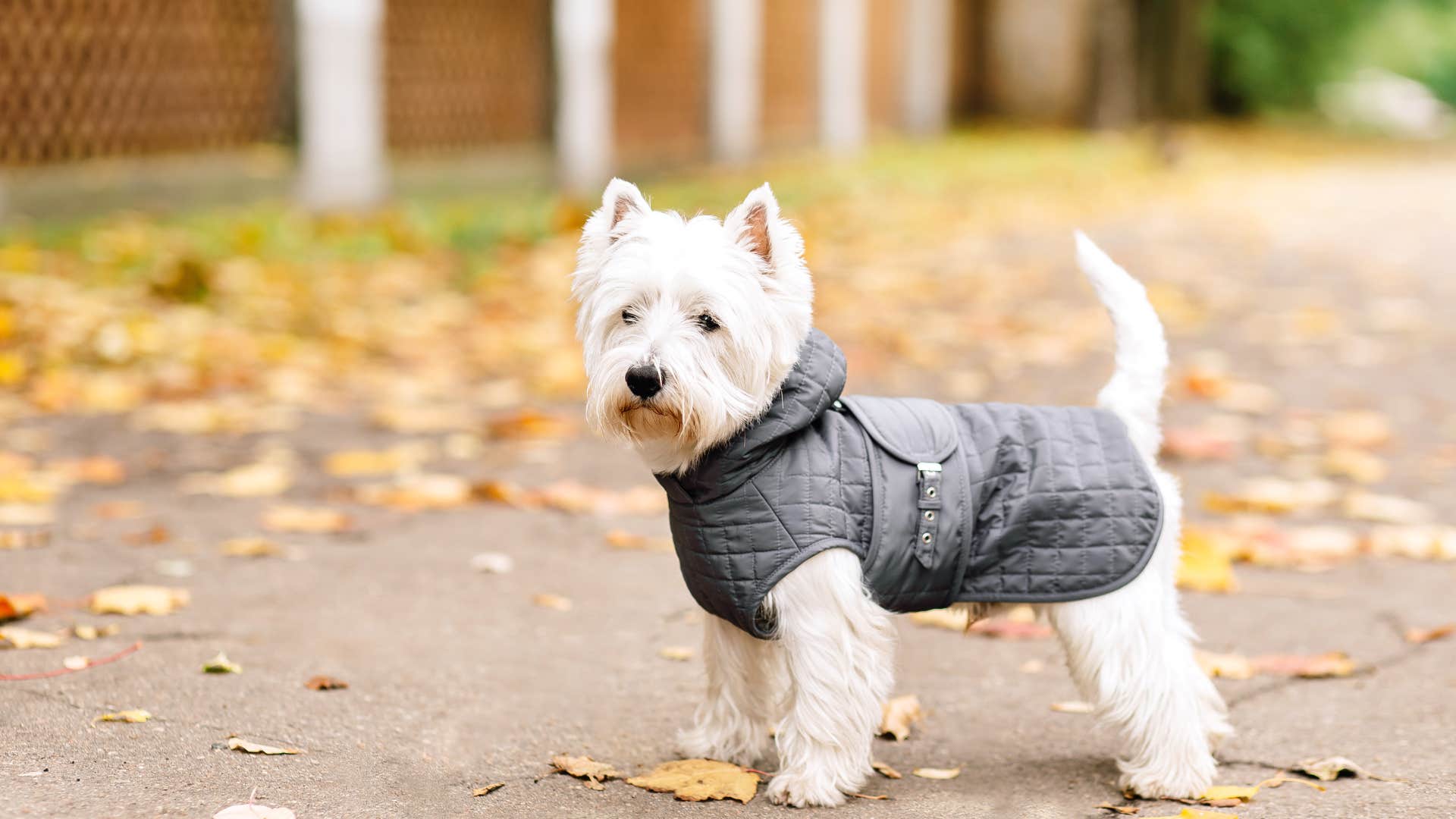 ArtdayAnna | Shutterstock
ArtdayAnna | Shutterstock
Putting pets in tiny sweaters, hats, and little jackets is adorable, but behind those puppy-dog eyes is an unimpressed glare. Unlike humans, pets don't have a concept of fashion and care more about the freedom of movement more than anything else. Your heart is in a good place when it's cold outside and you put a little jacket on your small dog, but he doesn't need it because he already has fur to protect him from the climate.
According to a survey by PetSmart, 76% of American pet owners intended to dress up their pets for Halloween in 2023. Most of the time, these dress-ups are all for showing your pet off to other people, rather than actually doing something fun with and for them.
10. Constant phone use
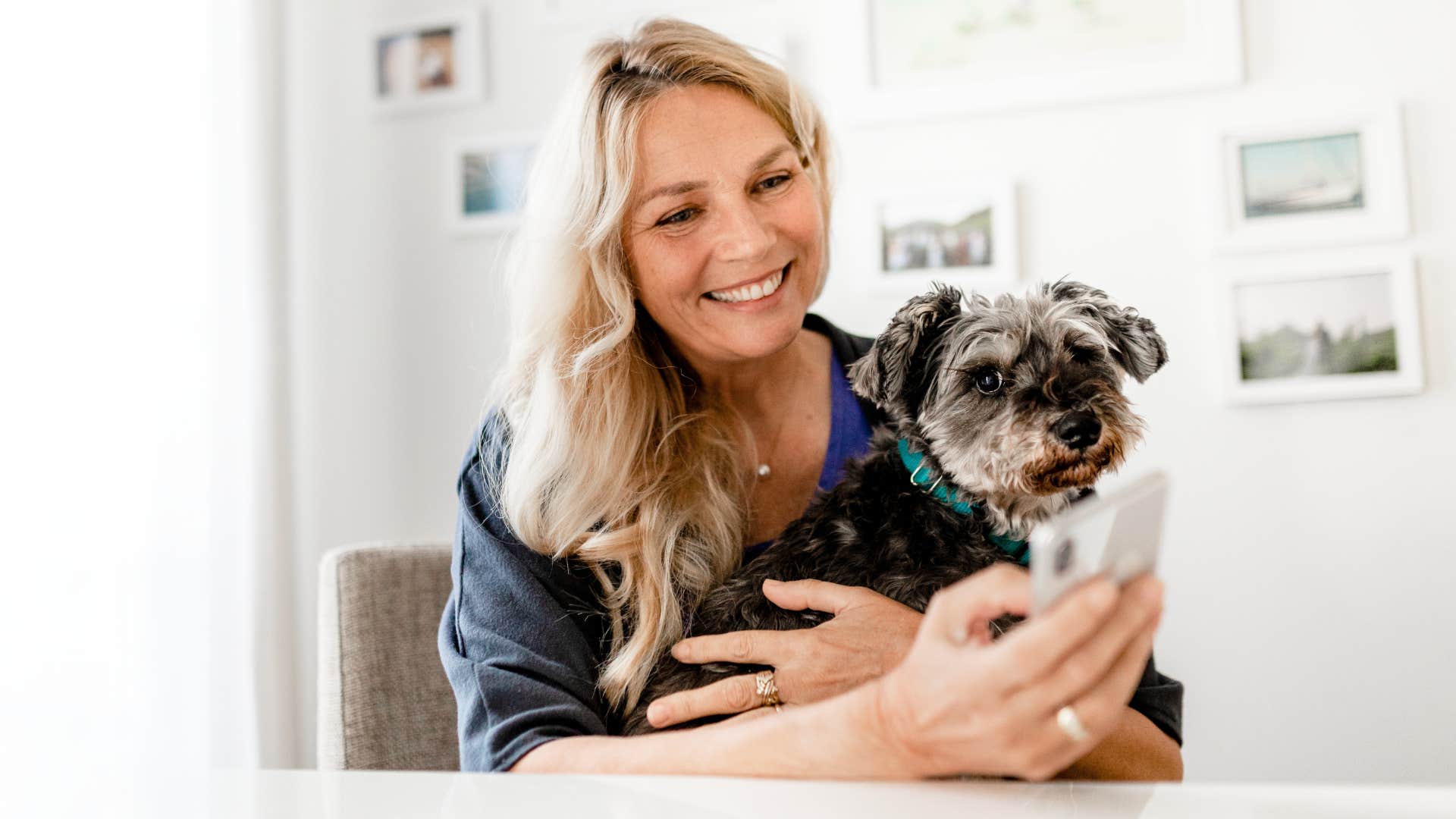 Rawpixel.com | Shutterstock
Rawpixel.com | Shutterstock
If our pets could speak, the first question they would probably ask us is why we keep a small television close to our faces. Our eyes are consistently glued to our smartphones which, from an animal's perspective, can be odd. They may not know exactly what it is, but they do know that they are in competition with it over your attention.
Ironically, the apps we use to assist us in helping our pets out like with scheduling and grooming appointment apps can actually threaten our safety. According to a study from Newcastle University, owners who use apps that are pet and animal related were creating cybersecurity risks on their phones.
Did pets secretly conspire with the app companies just to get your attention? Probably not, but they are likely happy that you've put the phone down to spend more time with them.
11. Leaving them alone too long
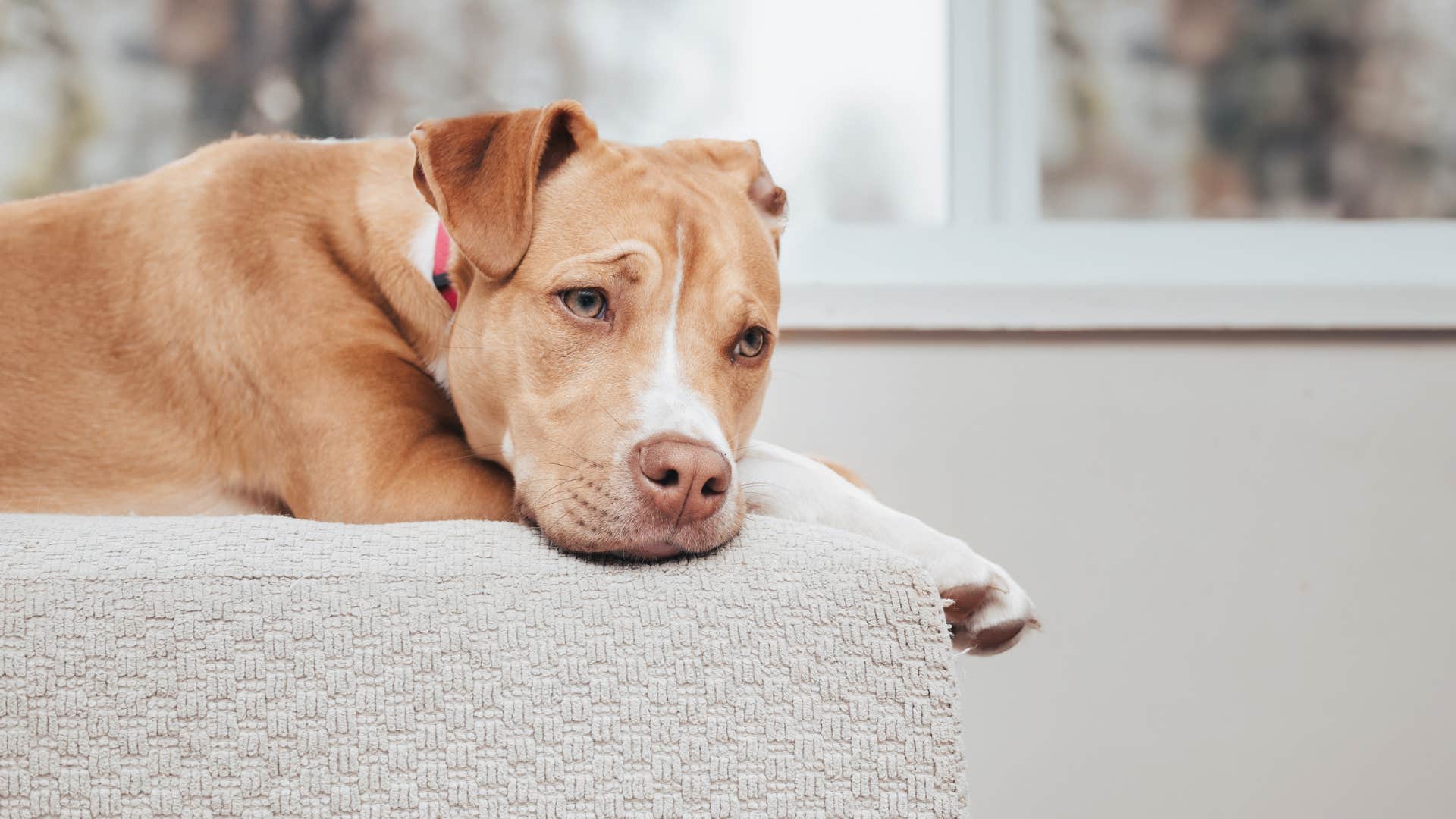 sophiecat | Shutterstock
sophiecat | Shutterstock
People often think that their pets are okay when they're away for long periods of time, and while it may be true for certain animals who value independence, dogs, specifically, are literally a completely different breed. Some owners may keep radios or televisions on just to give the illusion that they are still present, but leaving your pets alone can cause extreme anxiety in them.
A study published in the Journal of the American Veterinary Medical Association found that separation anxiety in canines occurs when dogs are left alone; this can lead to destructive behaviors like panic disorders and vomiting.
When you do finally come home, many pets will run and jump with excitement. But remember that not every pet acts the same. Some will love your quirks while others will judge you for it, especially if they're feeling particularly lonely thanks to your behavior.
Sylvia Ojeda is an author with a decade of experience writing novels and screenplays. She covers self-help, relationships, culture, and human interest topics.

